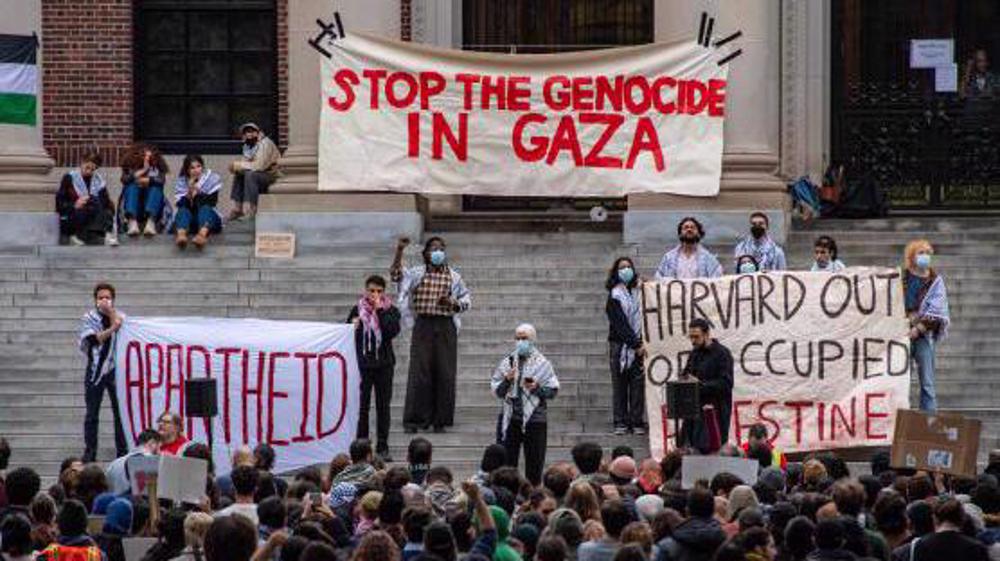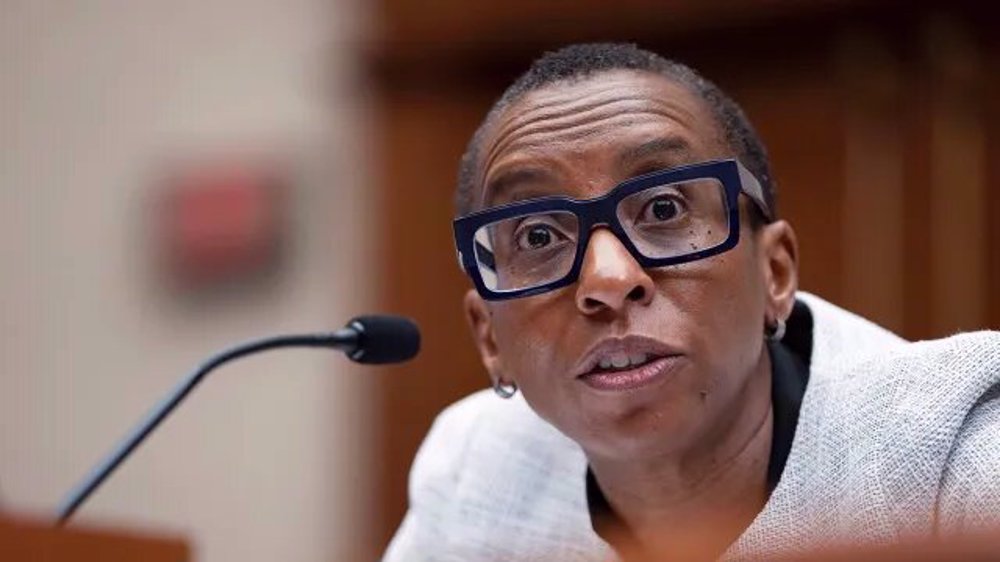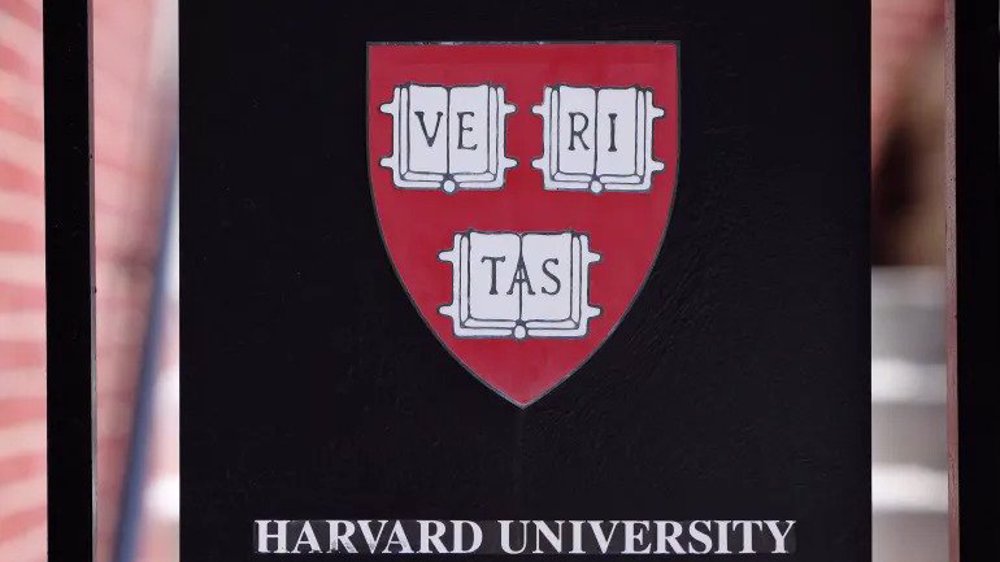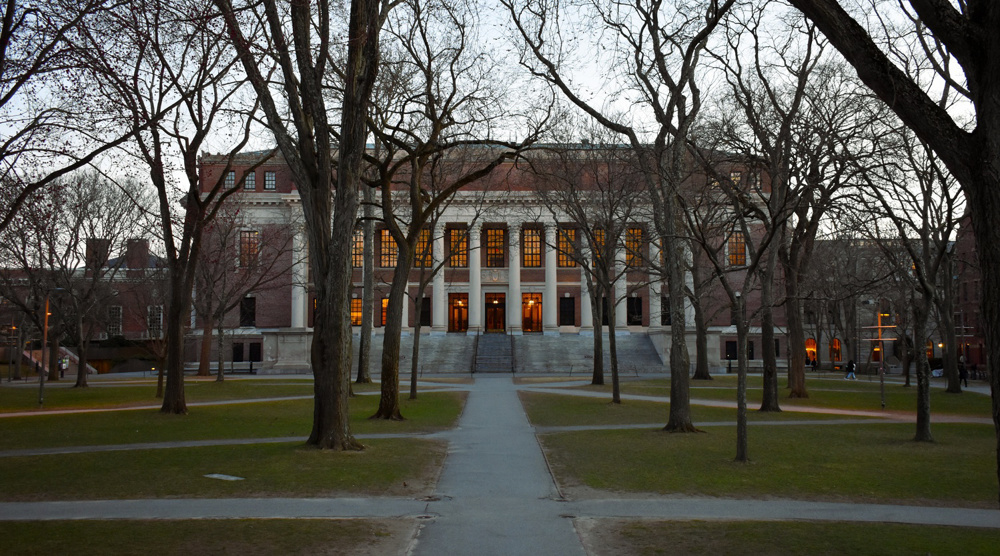Harvard Law School student government urges university to divest from Israel
The Harvard Law School (HLS) Student Government has passed a resolution calling on the university to fully divest from any institution that supports the ongoing Israeli genocide of Palestinians in war-torn Gaza.
The resolution pushes the Harvard Management Company (HMC), which oversees the university’s $50 billion endowment, “to divest completely from weapons manufacturers, firms, academic programs, corporations, and all other institutions that aid the ongoing occupation of Palestine and the genocide of Palestinians.”
In the resolution, the HLS Student Government points to Harvard’s investment of “nearly $200 million in companies tied to the Israeli military and illegal Israeli settlements in Palestine” as well as HMC’s previous divestment from South African apartheid in 1986 and the tobacco industry in 1990.
The resolution's author, Harvard Law student Swap Agrawal, who also serves as co-president of the law school’s student Government, said members of the body have heard from students who “felt strongly that this call was necessary to put pressure on things to change.”
“Palestinian students at [Harvard Law School] have lost dozens of family members in the ongoing genocide,” Agrawal said in a statement Friday night.
“Students are deeply troubled that money held in trust for their benefit is being used to support the genocide,” he added.
Agrawal revealed the resolution was influenced by the International Court of Justice's statement in January, which found it "plausible" that Israel has engaged in actions that breach the Genocide Convention.
Two board members stepped down following the resolution vote where 12 members supported, four opposed, and three abstained.
Regina De Nigris and Cameron Adkins wrote in their resignation letter that they stepped down because they “strongly disagree with the resolution being considered by the Student Government.”
They claimed that an anonymity motion passed at a March 26 meeting was in violation of a provision of the Student Government Constitution, stating that “all… votes of the Student Council shall be held in open session and minutes shall be made public.”
In a statement on Friday, Harvard University spokesperson Jason A. Newton made it clear "it opposes calls for a policy of boycotting Israel and its academic institutions,” citing former University President Lawrence S. Bacow’s response to The Crimson Editorial Board’s 2022 endorsement of the Boycott, Divestment, Sanctions movement.
Earlier this year, Claudine Gay, former president of Harvard, stepped down after pro-Palestinian demonstrations on campus amid Israel’s war on Gaza and plagiarism accusations.
During a testimony, Gay faced criticism for not addressing the issue of the genocide of Jews as a violation of Harvard's code of conduct.
Some members of Congress also accused Gay of not doing enough to condemn and combat anti-Semitism on Harvard's campus.
This revelation sparked scrutiny, leading the House committee to initiate an investigation into anti-Semitic incidents at the university.
D-8’s role in Iran’s economy after Cairo summit
China slams US as ‘war-addicted’ threat to global security
China ‘firmly opposes’ US military aid to Taiwan
VIDEO | Press TV's News Headlines
President Yoon Suk Yeol to be removed from office
At least 19 Gazans killed by Israeli airstrikes since dawn: Medics
Leader: Iran neither has nor needs proxy forces
US fighter aircraft shot down ‘in friendly fire’ amid aggression on Yemen














 This makes it easy to access the Press TV website
This makes it easy to access the Press TV website